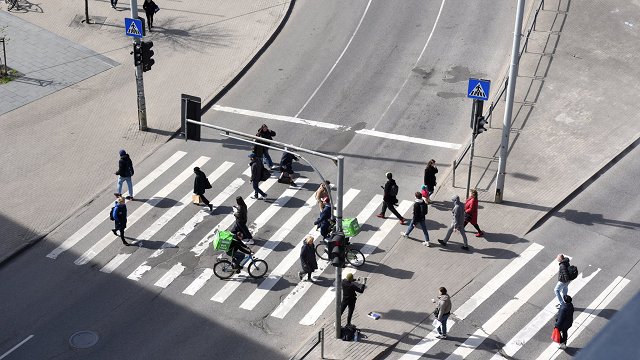Long working hours refer to those workers who usually spend 49 hours or more per week at work. Across the EU countries, Greece had the highest share of workers with long hours (11.6%), followed by Cyprus (10.4%) and France (10.1%). Meanwhile, the lowest rates were recorded in Bulgaria (0.4%), Lithuania and Latvia (1.1% each). Slightly more people work long hours in Estonia (2%).
For Latvia the rate has decreased from 1.6% in 2021 to 1.3% in 2022 and 1.1% for 2023, whereas in Lithuania it has decreased from 0.8% in both 2021 and 2022.
Source dataset: lfsa_qoe_32a
A higher rate of self-employed people worked long hours (29.3% of total self-employed people) compared with employees (3.6% of total employees).
Long working hours were more common among skilled agricultural, forestry and fishery workers (27.5% of all skilled agricultural, forestry and fishery workers) and managers (21.9%). All other occupational groups, as defined by the international standard classification of occupations (ISCO) averaged up to 7.3%.





























